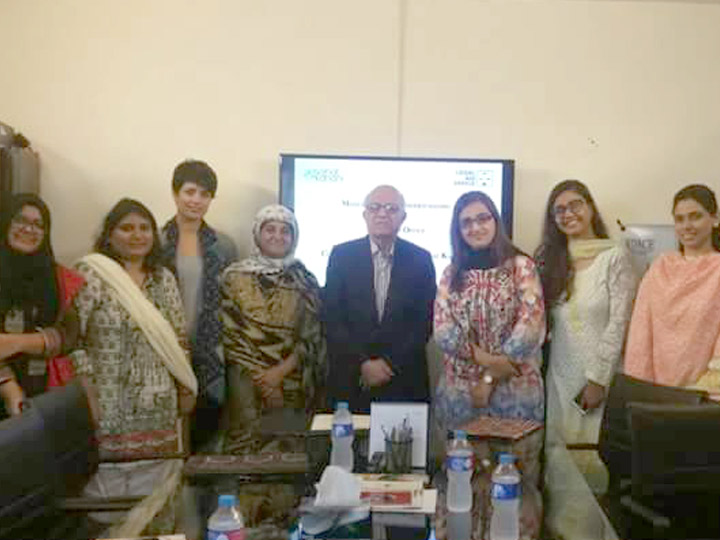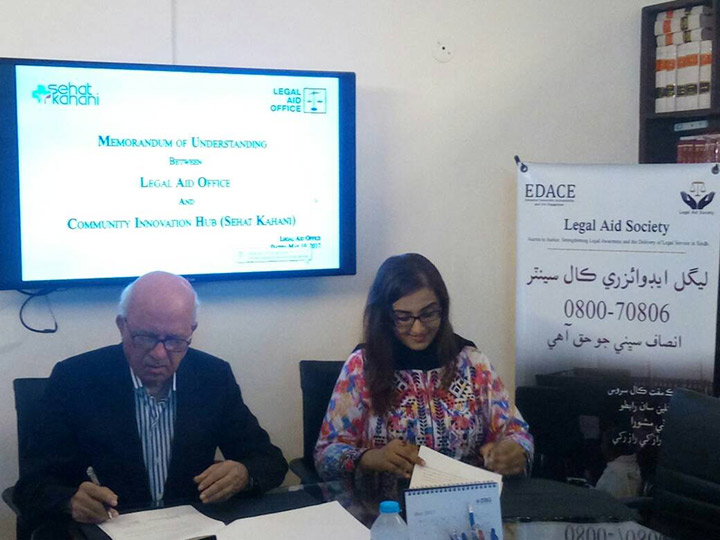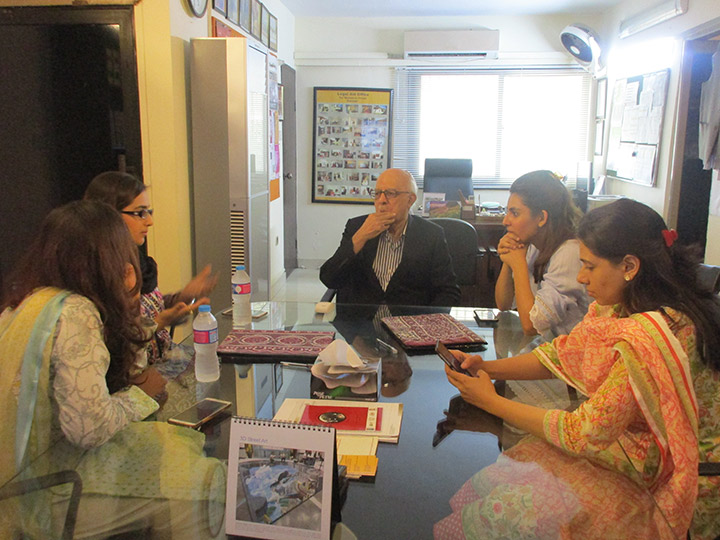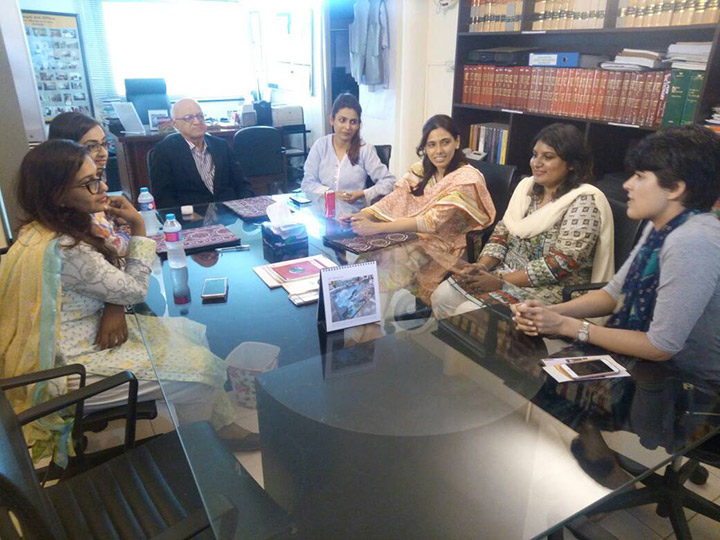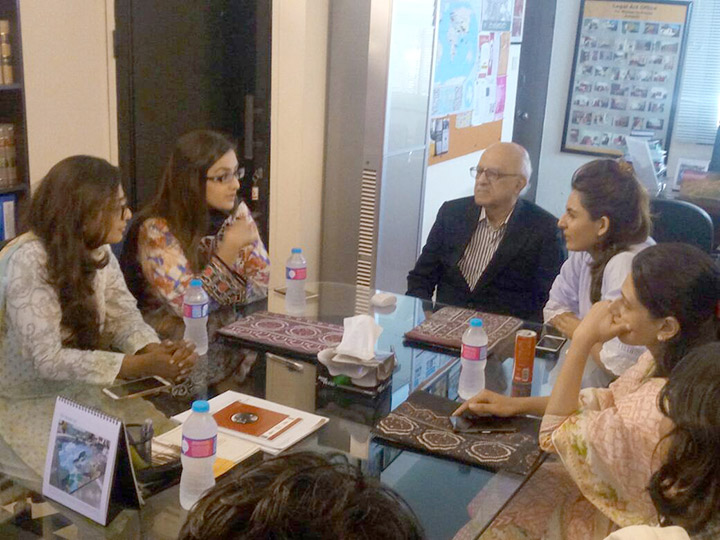Mental Health Support
The Committee for the Welfare of Prisoners- Legal Aid Office through a partnership with Sehat Kahani (SK) conducted an extensive Psychological & Psychiatric screening of 140 women inmates in Women Prison Karachi in June 2017 to assess their mental health needs. The aim of the screening was to focus on the mental health condition of the women detained in these Prisons and to gauge the severity of illness in relation to the detention within Prisons in order to provide timely mental health support. The objective of this activity was to develop strategies whereby the mental health ailments of these women can be properly diagnosed and then treated through the provision of psychotherapy as well as psychiatric consultation and psychotropic drugs when and where needed. The screening also focused on the relationship between the number of years spent in prison and the mental condition.
Though the prospective crimes of the inmates under trial as well as convicted were discussed, the screening did not focus on building a relationship between the severity of the crime and the mental condition mainly because not all inmates would state the facts about the said crime. The screening highlighted the need for effective treatment for the provision of beneficial and timely diagnosis via verified psychiatric consultations and psychotropic drugs. The study helped extrapolate strategies by proposing and designing treatment components to lessen the dysfunctionality among those women.
The results from this research exhibited a wide variety of mental ailments discovered in the women interviewed for mental health screening. These are Major Depressive Episodes (43.6%), Panic Disorder (17.8%), Post-Traumatic Stress Disorder (10.7%) and Generalized Anxiety Disorder (21%) were ranked highest.
During an extension of this activity, Sehat Kahani collaborated with the Legal Aid Office to select 50 inmates in the Karachi Central Jail and provide them with a holistic healthcare solution from April to July 2018. SK was again selected to provide this mental health and psycho support services to women inmates. SK also conducted an orientation session with Prison Matrons. As per program implementation, the psychologist conducted visits twice a week and provided counseling to 50 women inmates and a psychiatrist visited twice a month, or when necessary. SK conducted 20 mental health clinics with 50 women inmates and prescribed medicine to those women who needed further treatment after these sessions.
 |
 |

